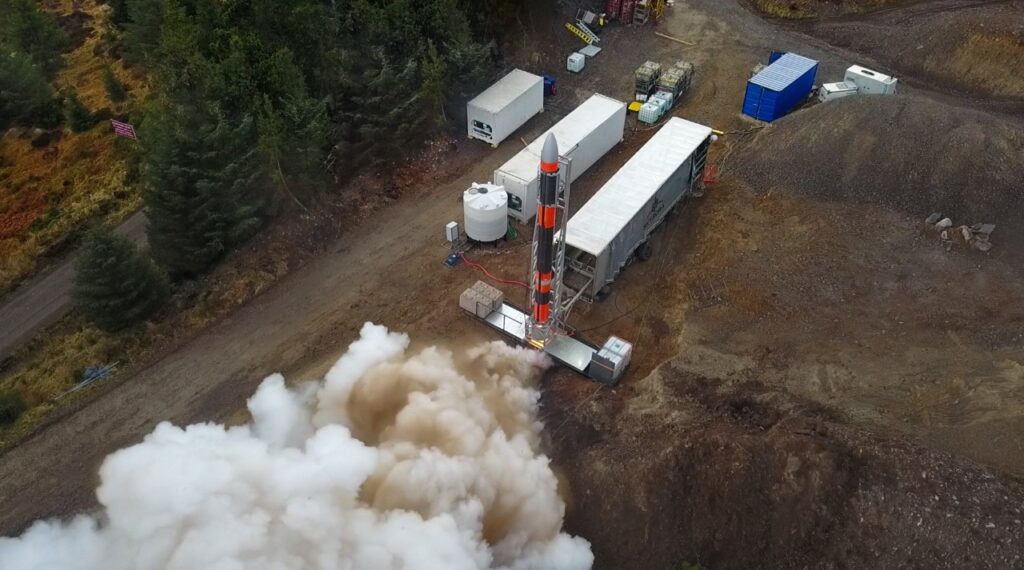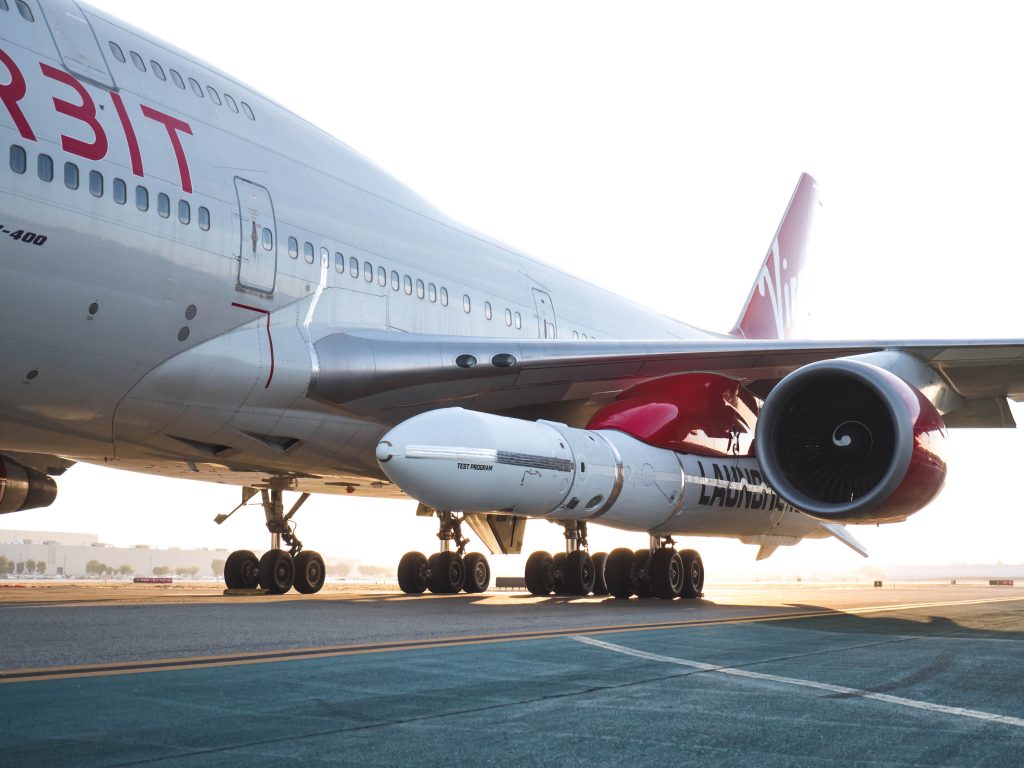As a high growth and high productivity sector, space launch offers a unique opportunity for the UK economy and job market; with the market for launching small satellites alone expected to be worth £25bn globally over the next 20 years.
The sector is already experiencing phenomenal growth, with the number of launch vehicle companies operating in the UK jumping from 25 in 2014 to over 200 in 2020.
However, despite being leaders in all parts of the satellite industry value chain, the UK is underrepresented in the launch vehicle sector, with no indigenous launch capability since the retirement of the government-sponsored Black Arrow programme in the 1960s.
The UK Launch Vehicles Webinar hosted by Satellite Applications Catapult took place on the 10 June 2020, featuring speakers from a range of companies working in the space sector with the aim of bringing launch capabilities to the UK.
Throughout the webinar, speakers from UK launch vehicles companies gave an overview of the sector in the UK, including current challenges faced, the benefits of native launch capability and the technologies currently being developed and tested to enable UK launch.
Overview
The UK is a world leader in all parts of the satellite industry value chain but is absent on the world stage in terms of launch capability, being reliant on other countries to launch products into space.
This reliance leaves the industry vulnerable to launch price and schedule changes from international partners, causing uncertainty on launch planning which could cripple growth and is already stifling innovation.
With technology developing at the rate it is, there is a chance the UK will fall further behind in this area which has huge technological and commercial opportunity without more support.
Benefits of UK Launch Capability
There are a number of benefits that come with UK launch capability including:
- The UK can offer a full product lifecycle, from manufacture all the way through to launch and operations.
- Less reliance on other governments and overseas launch suppliers, reducing costs and enabling for better planning of launches and missions.
- Improve collaboration with other international partners on larger projects.
- Creation of jobs within the UK and a chance to be a leader in this emerging market.
- Increase defence capabilities in space without reliance on other governments.
- Working from pre-existing technologies speeds up development.
- Testing and launch sites already exist in the UK.
- Improve capabilities including communications, Earth Observation, manufacturing, defence, innovation, and software.
- The creation of sovereign UK owned capabilities reinforcing the nation’s defence and security.
Challenges Faced
- Reliance on private investment to drive innovation.
- Building launch vehicles takes time and significant funds.
- The UK does not offer ideal conditions for launch.
- Without significant development, the UK could fall far behind.
- There is currently a skill shortage in the industry.
Types of Launch
The technologies that could be used to enable UK launch include traditional rockets, stratospheric balloons, reusable vehicles and air launch platforms, all of which are developed to meet unique requirements and have their own benefits and limitations.
The type of launch method we can expect to see in the UK can broadly be categorised into Vertical Launch (VL) and Horizontal Launch (HL), the launch method used will be dependent on factors including the launch vehicle and the purpose of the launch.
There are several locations in the UK competing to become spaceports, including Newquay (HL), Prestwick (HL), Llanbehr (HL), Sutherland (VL) and Shetland (VL). Each location has both advantages and disadvantages unique to that location; for example transportation access, weather or proximity to ground services.
Vertical Launch

Image credit – Skyrora
- Upright rocket launched from the ground, 2-3 stages that fall away once fuel is consumed.
- Higher carrying capacity.
Horizontal Launch

Image Credit: Virgin Orbit
- Rocket carried by plane which takes off from a runway.
- Generally lower cost and higher flexibility for launch schedule.
- Currently only feasible for small satellites.
The Speakers
To provide a complete picture of the sector, the webinar featured speakers from companies new and old in the UK launch vehicle sector taking diverse and exciting approaches to achieving UK launch:
- Robin Hague, Chief Engineer – Skyrora
- Adam Watts, Strategic & Business Development – Nammo
- Oliver Nailard, Business Development & Strategy Executive – Reaction Engines
- Stephen Eisele, Vice President – Virgin Orbit UK
- Ross Hulbert, Business Development Manager – Spaceport Cornwall
- Valentin Canales, Co-founder & Technical Director – B2Space
- Cameron Edwards, Chief Executive Officer – Dragon Aerospace
- Ben Jarvis, Managing Director & Founder – Raptor Aerospace
- Matt Escott, COO & Co-Founder – Protolaunch
- Paul Williams, Executive Director – Black Arrow Space Technologies
In bringing these companies together, our aim was to promote the capabilities of launch vehicle companies across the UK, facilitate introductions, promote opportunities to work with launch vehicle companies commercially or through employment and raise awareness of this high growth sector. We hope that those in attendance feel this was achieved but would also like to encourage conversations on what the sector would like to see next.
Summary
As the first event of its kind, we were inspired by the level of interest we received, we look forward to hosting more webinars over the coming months including providing a further update on the development of launch vehicles, both in the UK and globally.
The UK Launch Vehicle sector is growing rapidly and already has the support of the UK Space Agency, the government, and the Catapults.
Careers in Space
We are often asked during webinars about careers in the space industry, and our instant response is always “do it”! There is a huge range of opportunities available for those starting out or looking to change career paths; from engineering and manufacturing to business development and marketing, there are roles to suit anyone within the industry.
The Catapult welcome enquires from those seeking careers in the space industry, whether new starters or seasoned professionals; we can’t always respond personally but we ensure that you receive advice and direction to the breadth of opportunities available.
Alongside the UK Space Agency, we run the Space Placements in Industry scheme which offers summer placements to university students within a range of space companies. Keep an eye out on our careers page early in the year for the summer placements to begin opening.
If your organisation is looking for the opportunity to engage with or benefit from the UK space industry, get in touch with us on 01235 428 199 or email info@sa.catapult.org.uk.